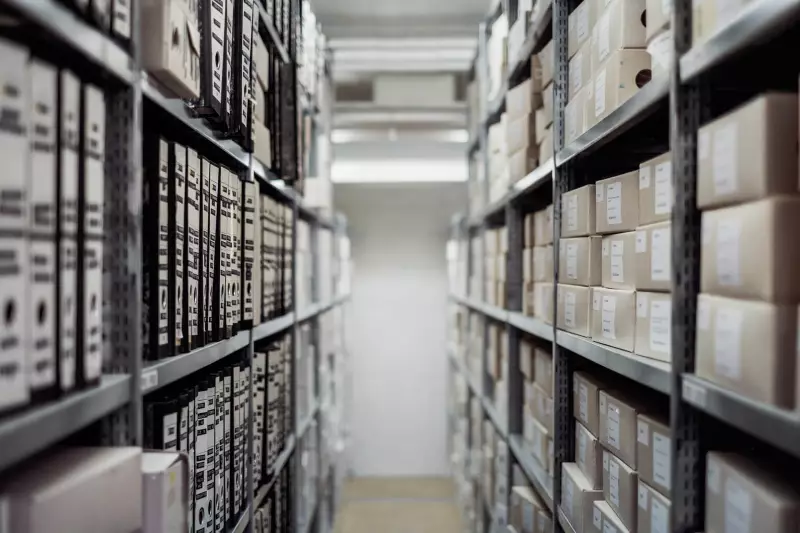How to Improve your Credit Report
Table of Contents
- By David Lukic
- Published: Jan 22, 2021
- Last Updated: Nov 23, 2023
Many Americans struggle to make ends meet, and when it comes time to apply for credit cards, loans, or a mortgage, their credit report comes into play. You may not have given your credit report much thought before you need it, but by then, it could be too late. If you have had difficulty paying your bills or defaulted on a loan or mortgage, it is going to require some work before you can get approved. Thankfully, there are ways to improve your credit report, but it will take a little time.
What is Credit Report or Credit Score?
Credit report is a file of data about your debts, loans, mortgages, credit cards, and any foreclosures and bankruptcies. Three big companies gather and compile these reports; they are Equifax, TransUnion, and Experian. These credit bureaus collect information from creditors and lenders as well as government sources and third-party companies. The result is a comprehensive report about you and your financial health.
These credit reporting agencies use the information in your report to calculate a credit score, which is a three-digit number that represents your creditworthiness. Lenders evaluate that score and base their lending decisions on it. Your score may be anywhere between 300-850. A low score of 300-600, may make it impossible for you to obtain loans or get financing of any type. A score of 700 or above is considered quite good and will allow you to easily get financing and enjoy lower rates and better terms.

What is on Your Credit Report?
Along with collating all your debts, credit card information, loans, and mortgages, credit reporting agencies also collect and store other personal details about you. Some of the information contained in your credit report is:
- Your name.
- Home address and previous addresses.
- Phone number.
- Email address.
- Social security number.
- Date of birth.
Steps to Have a Better Credit Report
First, it is much easier to build a good credit score from nothing than to repair a damaged credit report. Even if you made some mistakes and paid things late, you can fix your credit. However, don’t expect it to improve overnight. It does take time for things to catch up. Have hope and stay on track, and it will change.
Second, you should get a copy of your credit report to see where things stand. This will give you a baseline, so you know what your score is, and then you can start to improve your credit score from there. Scour the reports for errors and dispute any information that is not accurate. Everyone is entitled to get a free credit report copy (with each of the three big agencies) every year. You can get one using the FTC-approved website: annualcreditreport.com.
Now that you have a baseline and know where you stand, you can start to rebuild. The steps to take are:
- The number one thing you can do to improve your credit report is to pay all your bills on time, every month. Pay bills online and set up automatic withdrawals to ensure you are making timely payments to your creditors. You can even set up payment reminders on your computer or mobile phone to help keep you on track. The less you have to think about, the better. Automate wherever you can.
- Pay down your credit card balances. You should never use more than 30% of your credit limit. Your total debt factors into your credit score and a high amount of revolving credit card debt is a red flag to creditors.
- Don’t apply for a lot of new credit all at once. Space things out and keep those “hard inquiries” to a minimum.
- If you pay off a line of credit or credit card, do not close the account. Lenders want to see “aged” credit that has been paid off.
- Be sure you show some diversity in your credit report. Creditors expect a mix of car loans, credit cards, mortgages, student loans, and other types of financing.
- Contact your credit card companies to try to negotiate a better interest rate making monthly payment easier. Try to pay off double the minimum payment or even more each month.
Experian offers a tool called Experian Boost, where people with poor credit scores can sign up to get credit for paying things like utilities and cable bills on time. Experian will need access to your bank account to use this service.
As a last resort, you can also sign up with a debt consolidation company that will help you pay off all your debts with one easy, monthly payment. However, if you are in a better situation, you might want to consider a secured credit card to start building a more desirable credit history. Another option is to have a friend or family member add you to their credit card account. Once you start showing how responsibly you can manage it each month, your credit report will begin to show improvement.

How to Improve Credit Score and Fix a Credit Report?
Typically, once you start making an effort and changing your financial habits, it can take roughly 3-6 months before you start to see some improvement. Beyond that, if you stay on the path, pay down more of your debt and always make your payments on time, within a year, you could bring your credit score up 100 points or more!
















